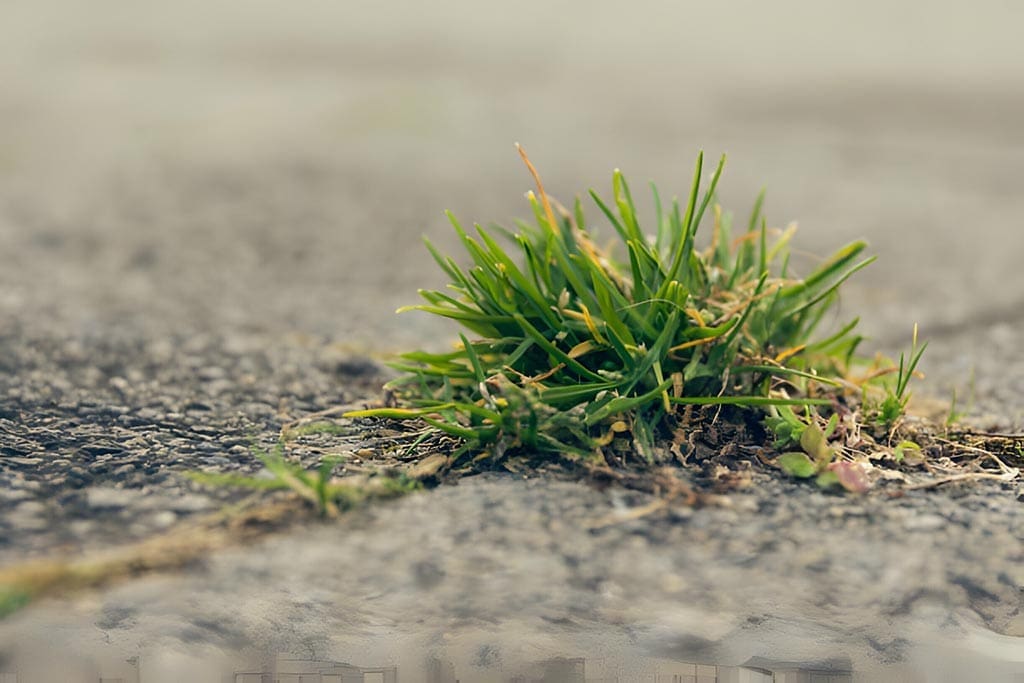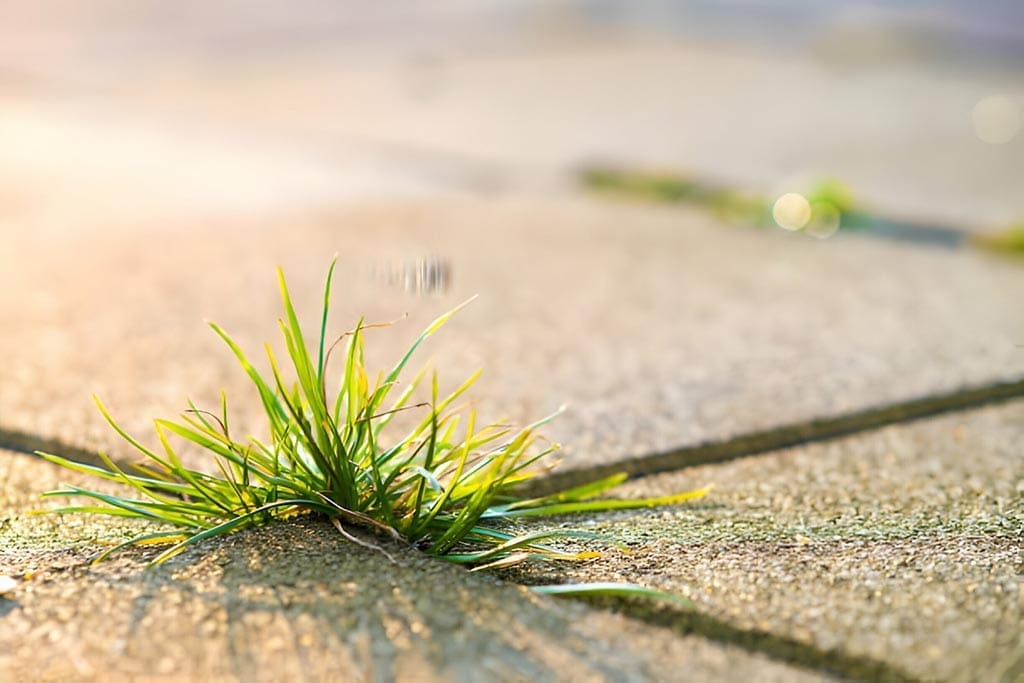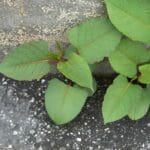Did you know that 20% of your gardening time is likely spent battling weeds? You’ve probably tried numerous methods to eradicate these pesky plants, but have you considered using vinegar? It’s an eco-friendly, cost-effective solution that might just do the trick.
But how does it work? And more importantly, how can you use it effectively without damaging your precious plants? Stay tuned to find out.
Understanding the Acidity of Vinegar

Ever wondered why vinegar, with its high acidity, is effective in killing weeds? It’s all about the pH level.
You see, vinegar’s acidity level is usually around 2.5 to 5.0. This makes it a potent killer of plant life, including those pesky weeds.
Applying vinegar to weeds quickly lowers the pH of the soil, creating an environment that’s too acidic for the weeds to survive. They can’t handle the sudden change, and they die off.
This is why you often see the weeds wilt and turn brown shortly after spraying them with vinegar. However, remember that vinegar is non-selective. It doesn’t know the difference between a weed and your favourite flowers, so apply it carefully.
Choosing the Right Type of Vinegar
While it’s clear that vinegar’s acidity can effectively kill weeds, choosing the right type of vinegar for the job is equally important. Your first instinct might be to grab the white vinegar from your pantry, but that’s not your best option.
For weed-killing purposes, horticultural vinegar is the way to go. It’s significantly stronger, with an acidity level of about 20%, compared to the 5% acidity of regular white vinegar. This high acidity is what makes it a potent weed killer. However, handle it with care, as it can be harmful if it comes into contact with your skin or eyes. Always remember to wear gloves and eye protection when using horticultural vinegar.
Preparing Your Vinegar Weed Killer

So, how do you prepare your vinegar weed killer? It’s quite simple. First, you’ll need a handy spray bottle. Fill it halfway with your chosen type of vinegar. Make sure it’s undiluted for the best results.
Next, let’s add a squirt of liquid dish soap. This helps the vinegar stick to the plants, boosting its weed-killing power.
If you’re dealing with stubborn weeds, you might want to add a cup of salt. Be careful, though, as salt can harm your soil.
Applying Vinegar to Weeds Safely
Now that your vinegar weed killer is ready applying it to the weeds carefully to prevent damage to desirable plants is crucial.
Always spray the vinegar directly onto the weeds, focusing on the plant’s leaves, stem, and base.
This can be done by using a spray bottle for precision.
Evaluating Effectiveness and Reapplication
After 24 hours, you’ll need to check the weeds to assess whether the vinegar application was effective or if a second round is required. Look for signs of wilting or browning. If the weeds appear unaffected, don’t hesitate to reapply the vinegar. However, be patient. It’s crucial not to overdo it as this could harm non-target plants and alter the soil pH.
While vinegar isn’t a one-stop solution for all weeds, its effectiveness can vary based on weed type and maturity. Young weeds are typically more susceptible. If you’re encountering stubborn, mature weeds, you may need to consider other methods or a higher concentration of vinegar. Remember, the goal is to kill the weeds without causing unnecessary harm to your garden’s ecosystem.
Frequently Asked Questions
Can Using Vinegar as a Weed Killer Harm My Pets or Other Animals?
You’re wondering if vinegar can harm your pets or other animals. Generally, it’s considered safe.
However, undiluted vinegar may irritate their skin or eyes.
Always rinse the area after application to avoid any discomfort.
What Other Natural Alternatives Are There for Killing Weeds?

You’re seeking natural alternatives for weed control, right?
Consider using salt, boiling water, or dish soap and water.
These are safe options that won’t harm your pets or the environment.
How Does Vinegar Compare to Commercial Weed Killers in Terms of Cost and Effectiveness?
In terms of cost, vinegar is significantly cheaper than commercial products.
However, its effectiveness varies.
It’s great for small, young weeds, but it doesn’t kill the roots of larger ones like commercial weed killers do.
Can I Use Vinegar to Kill Weeds in My Vegetable or Flower Garden Without Harming My Plants?
Yes, you can use vinegar to tackle weeds in your garden. However, be careful as it’s non-selective. It’ll kill your plants, too, if it touches them.
Are There Certain Types of Weeds That Vinegar Is Particularly Effective or Ineffective Against?
Sure, vinegar’s effectiveness can vary. It’s particularly good against young, annual weeds. However, it mightn’t work as well on mature, perennial weeds.
It’s best to experiment and see what works for you.
Final Words
So, you’ve discovered the eco-friendly power of vinegar to combat pesky weeds. Pick the right vinegar, prepare your homemade weed killer properly, and apply it safely to protect your other plants.
Keep an eye on the results, and don’t hesitate to reapply if needed. This method is a smart, sustainable choice to keep your garden looking its best without harsh chemicals.
Happy gardening!




